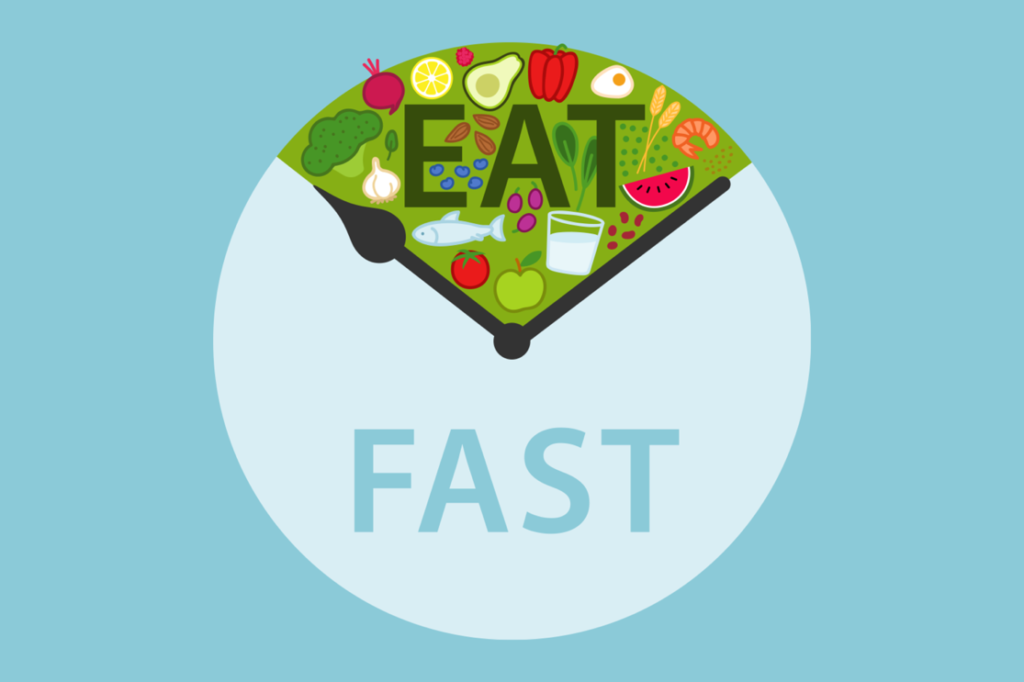Intermittent fasting has become one of the most popular weight-loss methods during the recent years, but to track overall fasting journey is always a question mark. now, as technology has made everything easier and with the evolution of digital apps especially on mobile devices, it is now quite easier to track the daily meal in-takes, do calories calculation, check nutrients and keep track of much more….
These benefits and objectives of using these apps are just not limited to weight loss specifically, but it also provides statistical insights and proven procedural steps by steps direction in maintaining overall health and keep good balanced diet in meal intervals during the whole fasting period. The fasting tracker apps widely available on different app store platforms are highly recommended especially for achieving long-term goals as it is commonly observed that the person will get easily distracted while following his/her weight loss journey if there is no check and balance is deployed. With so many varieties of food available and the changed lifestyle in this er, it is very hard to start a dieting journey but if subsequent record-keeping is there, it is much easier to start and be your own coach.
Still not convinced? Here are more reasons to start your weight loss journey with fasting tracker apps right away.

What is intermittent fasting?
Intermittent fasting is a proven weight loss method which uses the body’s natural ability to burn fat, showing visible results without making much effort. It is not a diet plan itself but a guide that allows people to take their daily meals within a few hours and fast for the remaining hours. This diet method focuses on the time and duration of eating. There is plenty of scientific evidence on how intermittent fasting can provide several health benefits such as;
▪ It regulates blood pressure.
▪ It generates a natural cellular system.
▪ It reduces chronic inflammation
▪ It indicates insulin resistance.
▪ It burns body fat
▪ It maintains good hormonal health.
▪ It saves from type 2 diabetes
▪ It maintains weight for a long.
▪ It improves metabolic rate.
▪ It protects from cardiovascular diseases
▪ It boosts immunity.
▪ It enhances the quality of life

Our top recommendation – Zero Calories fasting tracker app
Best features
o Highly customizable- it allows users to customize fasting times, eating hours, and reminders alert. Also the whole app UI can be fully customized based on variety of colors.
o Complete health tracker– A single app to track weight progression, water intake, glucose levels, ketones, and even body measurements. Also, all these data can be viewed on graphical format as well.
o Fasting groups- it allows users to join fasting journey with other people and motivate each other to lose weight.
o Affordable- The basic version of this app is free for everyone. But the premium version costs only $1.99 per month.
o Availability- This app is available on both iOS and Google Play Store.
How to use Zero Calories Fasting Tracker App?
This app is primarily based on intermittent fasting methods & proves to be very helpful to those who are interested in trying intermittent fasting for weight loss but it doesn’t limited to only intermittent fasting. In fact, other users who just want to monitor their overall health can also use this app by customizing its features to their needs.
Intermittent fasters can do the following action on Zero Calories – Fasting Tracker App.
▪ A direct access to many standard fasting plans
▪ An easy way to track the fasting hours
▪ Create a group fasting plan with friends
▪ Add starting and ending entries
▪ Keep track of water intake
▪ Keep track of weight loss
▪ Record of body mass index (BMI)
▪ Comparison of weight loss progress
▪ Allows customized fasting plans
▪ Set reminders and notifications
▪ Track ketones, glucose, and overall health score
▪ Sync and share this information on social media
The final word
Intermittent fasting is a popular way to lose and maintain weight. Zero Calories – Fitness Tracker App helps do exactly that. This app is a one-stop station where users can monitor their health parameters, diet/water intake, workout routine etc. There is absolutely no need to maintain different diaries or books to keep a record of all these things. This app improves your lifestyle habits, as they have a huge positive impact on an individual’s health.

